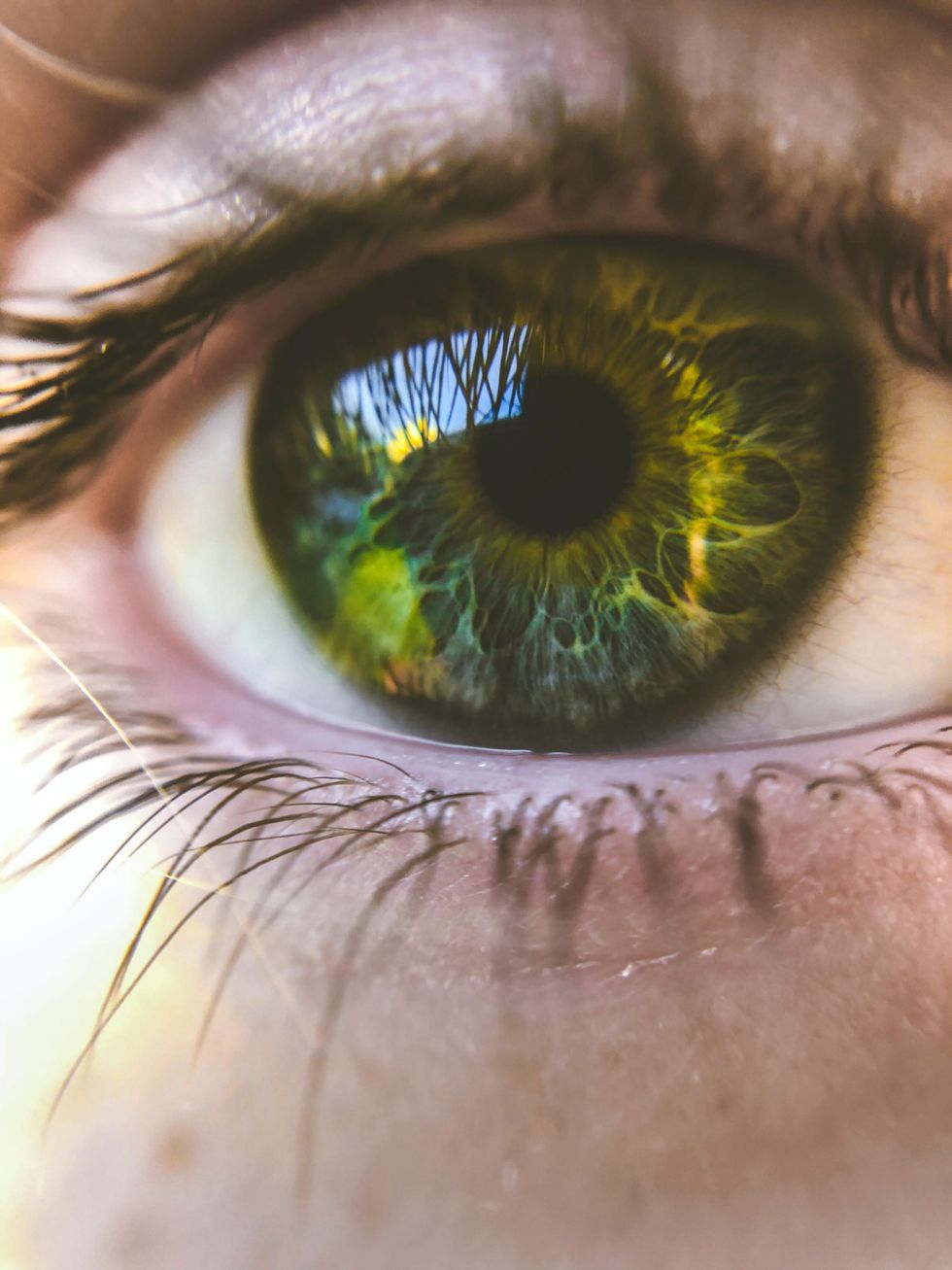Whether you wear contact lenses to compensate for your poor vision or to enhance your appearance, you must know all about them to make a better decision.
Before you buy contacts, make sure you consult with your doctor about whether you can use them or not. It might sound strange, but contact lenses are not suitable for everyone. Unlike prescription glasses which are easy and convenient, contacts sit on your eyeballs. So, they affect your eyes in more ways than glasses.
If you are planning to buy contact lenses for their cosmetic appeal or vision benefits, we suggest you take a look at some of the common problems that these lenses could cause.
Who should not use contacts?
While an eye exam is the best method to determine whether contact lenses would work for you, people with the following problems should not consider going for contacts:
Dry eyes
Dry eye is one of the most common conditions that make you an unsuitable candidate for using contacts. If you want your contacts to feel comfortable and not break, you need to have enough moisture on the surface of your eyes.
Dry eye is a common problem that may stem from the use of extensive screen time or it can be inherited from your family. But whatever the reason behind your dry eyes is, wearing contact lenses can disturb the natural tear film on your eye's surface and cause ocular irritation, chronic eye pain and light sensitivity.
If you have dry eyes, make sure you use blue light or gaming glasses during screen time so you don't feel visual disturbances or symptoms of digital eye strain.
Also, ask your eye doctor about the best eye drops for you. Avoid using redness relieving eye drops as their overconsumption could lead to vision-related problems over time.
Eye allergies
Contact lenses are usually made of hydrophilic plastics. If you are allergic to this material, then using contacts is definitely not a smart choice. Even if you are allergic to the cleaning solution of these lenses, we recommend you don't wear them and look for another alternative.
Contacts can be a huge hassle during the allergy season when the seeds and pollen are at their peak. They can cause eye irritation which will make you rub your eyes and may even lead to visible redness in them.
Also, make sure you replace contacts frequently so the protein buildups and deposits don't leave you with an eye infection.
Changing contact lenses frequently can prove to be a costly business over time. If you want to save money, buy eyeglasses. Even a decent pair would last you years and there is no shortage in the variety of frame styles. From transparent to wooden glasses, there are so many options to suit your personal choice and lifestyle.
Eye infections
Eye infections are common. They can be triggered by cold, environmental irritants and even using contact lenses for a long time.
The moist and soft surface of these lenses acts as a perfect home for bacteria and viruses to take shelter and thrive. So, if you don't want to be bothered by these infections, you may want to steer clear of contact lenses and use glasses instead.
If you do wear contacts and develop pink eye or blepharitis, you may want to sneak a little break from using them and shift to eyeglasses. Make sure you schedule regular appointments with your eye doctor and report any change you experience in your vision.
Complex prescriptions
If the refraction in your eyes is moderate, then you can go for contact lenses. However, if you have high amounts of astigmatism, you may not be able to get similar visual clarity as you would with eyeglasses.
Moreover, complex prescriptions are more difficult to fit into contact lenses as compared to glasses. So, where you can get same-day glasses delivery for your eye prescription, you may have to wait for weeks in the case of contact lenses.
Complex refractions are difficult to correct with soft contact lenses. You won't get the crisp vision that glasses could provide you. While we understand that contacts give you a sense of freedom, but nothing could match the sophisticated and classy appeal of glasses.
Also, learning to wear glasses could take you weeks. While glasses are easy to wear and you won't need the practice to put them on or take them off.
Contact lenses pose some (if not much) degree of threat to your eyes. If you are planning to buy contacts, make sure you speak with an eye care professional before taking this huge step. They will tell you if they don't find you to be a suitable candidate for contact lenses.



 StableDiffusion
StableDiffusion
 full parking
StableDiffusion
full parking
StableDiffusion


 Photo by
Photo by 
 Photo by
Photo by  Photo by
Photo by 




